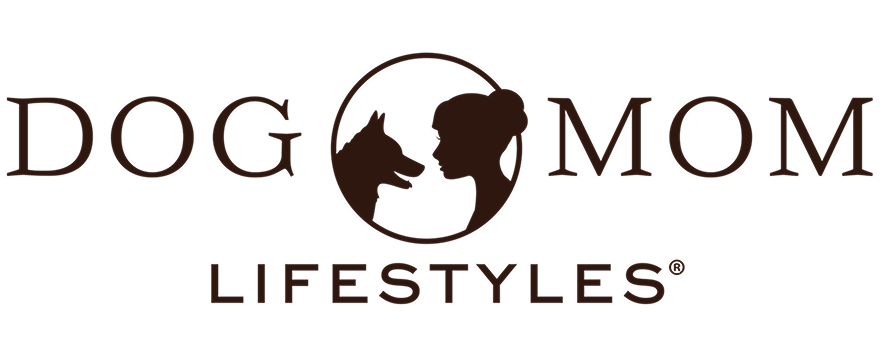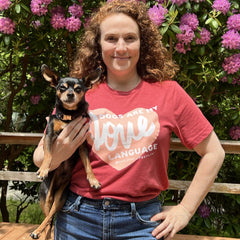
Why Old Pets are Good Pets
Share
My dog is 8. By definition she isn’t a senior. I have loved watch her grow, the one thing I noticed the most is that she has become much calmer In her older age, she is not as hyper or high energy but still is active daily. She certainly enjoys her snoozes through out the day, can still enjoy some play time too.
As a pet ages, life gets calmer for them. Senior pets hold a special place in my heart. With one of my past dogs when she became very old and fragile she stuck by my side like glue, absolutely loved getting daily rub downs and peacefully slept near me as that is where she felt the most safe. I will always remember those days before she died it was so precious for me.
Old pets are good pets. Whether you’re looking to adopt a senior pet or growing old with your own, here’s some of top reasons older pets are enjoyable to be around.

When is a Pet Considered a Senior?
So really, at what age does a pet become a “senior?” That depends.
- According to the American Veterinary Medical Association (AVMA), cats become seniors after the age of 10.
- The AVMA also points to various experts who suggest a dog is senior when they hit the last 25% of their life expectancy, so this can vary depending on the breed and size of the dog.
Because breed plays a big role for when a dog is thought of as senior, it’s difficult to state a specific age. Large breeds tend to age faster. For example, generally, a large breed dog like a Labrador will become a senior sooner than a small breed like a toy poodle.
My Lucy is a Havadoodle and is a small breed. So my best guess is Lucy is a senior when she hits the age of 12.
Regardless of your pet’s age, if you or your vet start seeing signs of aging, you might have a senior pet. No worries though. It’s the next natural stage in their life and your relationship!

Reasons Old Pets are so calming.
Senior pets are very calming and loving to be around, known from experience. After 13 years with my dog, she knows, without a doubt, she can count on me. With a puppy, it can take quite some time for them to warm up to their new human.
For me to build trust with my new puppy I spent quality time teaching her things, but also praising her when she was good and give her lots of snuggles so she knew she could trust me the longer she was around.
You know what you get. Older dogs can absolutely learn new tricks, but their personalities aren’t as likely to go through major changes like in the first few years of life.
Oh, training! This can be a challenging experience for both us as humans but also with our pups cause it requires a lot of patience on our end and repetition with them. My dog was very difficult to potty train but I know that part of that was a reflection of me doing things incorrectly in the beginning but since learning that I have discovered what she needs and how to make it easier for her and me.
Older pets are most likely already trained. They might need a refresher, but chances are, they already know how to go for a walk, sit or give a paw.
Dogs speak their own language. After all my years with Echo, we are totally in sync. I know when she needs to go potty cause she will sit at the door and give a little peep to warn me that she is in need of a bathroom break. Or how she will sit next to me in the morning while I drink my coffee to snuggle and that’s our morning routine together. Growing old with your dog is so enjoyable and special.
More time cuddling. Echo shows her affection by snuggling next to me on the coach or simply rolling on her back for a belly rub. I always know she is happy when her ears are perked and her butt and tail wag with excitement. A pet that’s been with you for a while might get more affectionate over time, and older pets are often more interested in cuddling.
There’s a bunch of reasons a pet might become more affectionate as they age. They might need you more, grow fonder of you, develop anxiety, trust you more and want to show some love, feel comfortable with you, think someone is wrong with you and want to make you feel better.
This said, make sure to keep regular wellness checks with your vet and bring your pet in if you notice any major changes—even if you like them, like extra snuggles. There could be a medical condition that should be explored further.
Less time destroying. If you’ve ever raised a young dog you already know they can be a handful. Older dogs are much less likely to chew your couch. A nap in the sun is more their speed (and mine too!)
Their love is mature. Older dogs just get you. They understand a good thing and (usually) have the maturity to be a great companion. While youngsters might need to learn the boundaries, seniors are more likely to know things like nipping=uncool and naps=awesome.

What makes you happiest about life with a senior pet?
Find us on social at @dogmomlifestyles and let me know!








